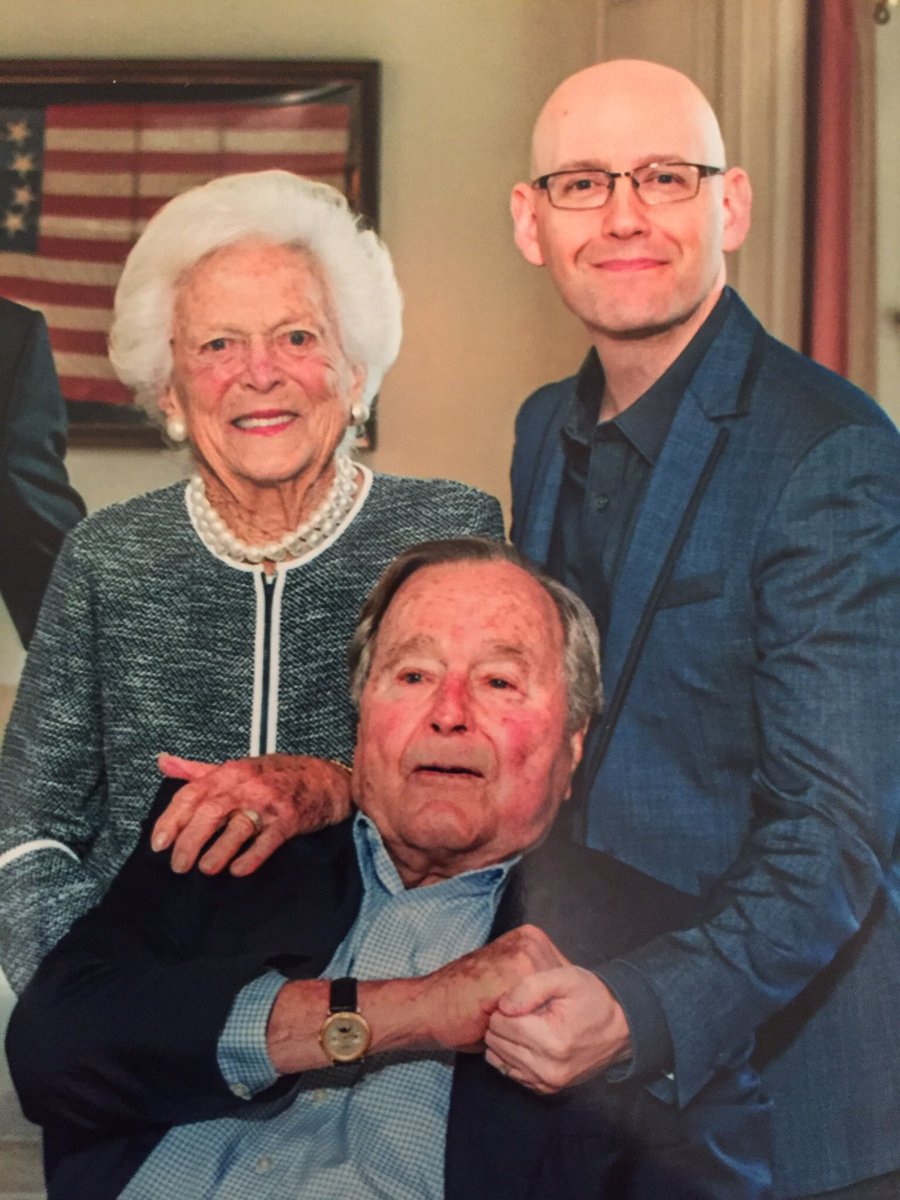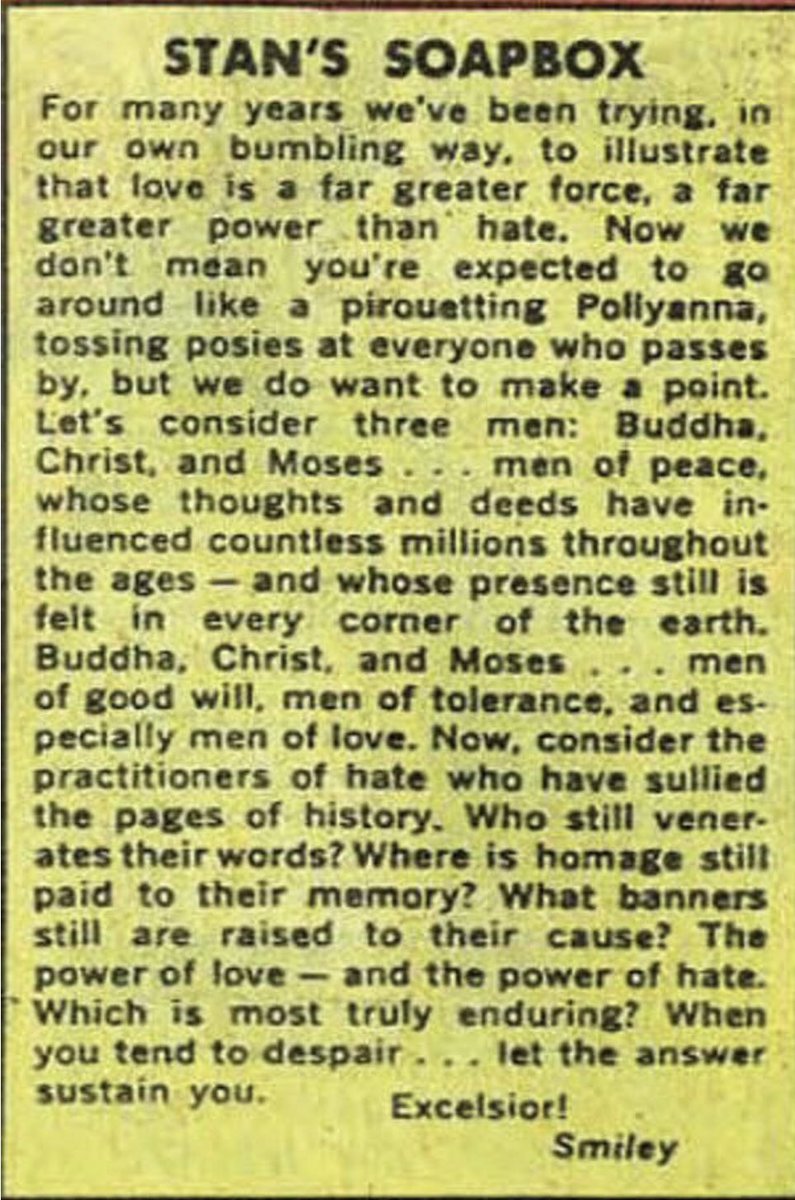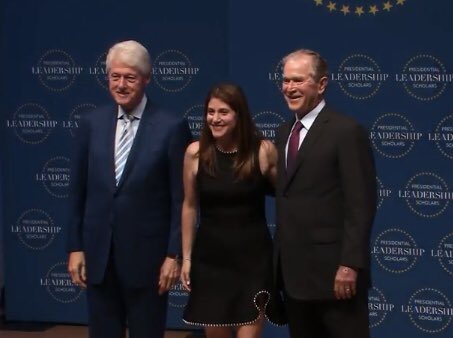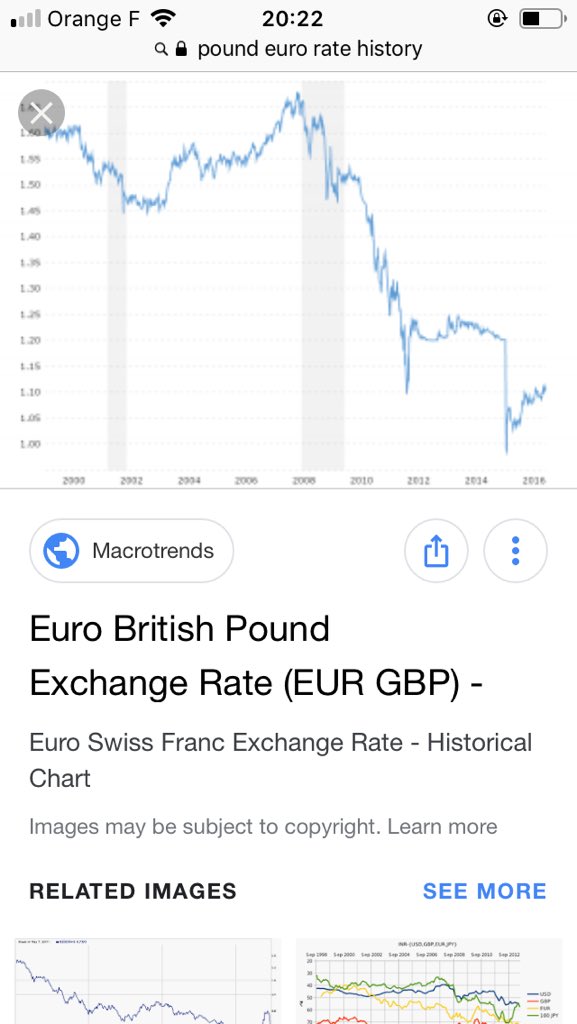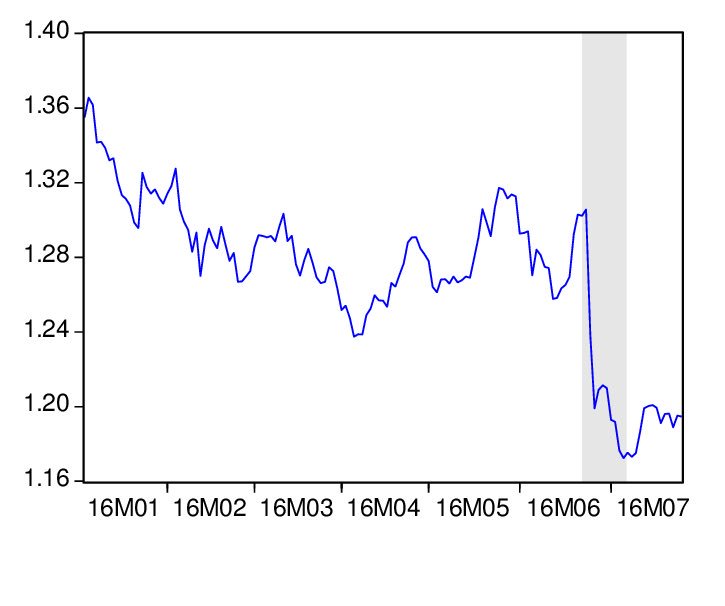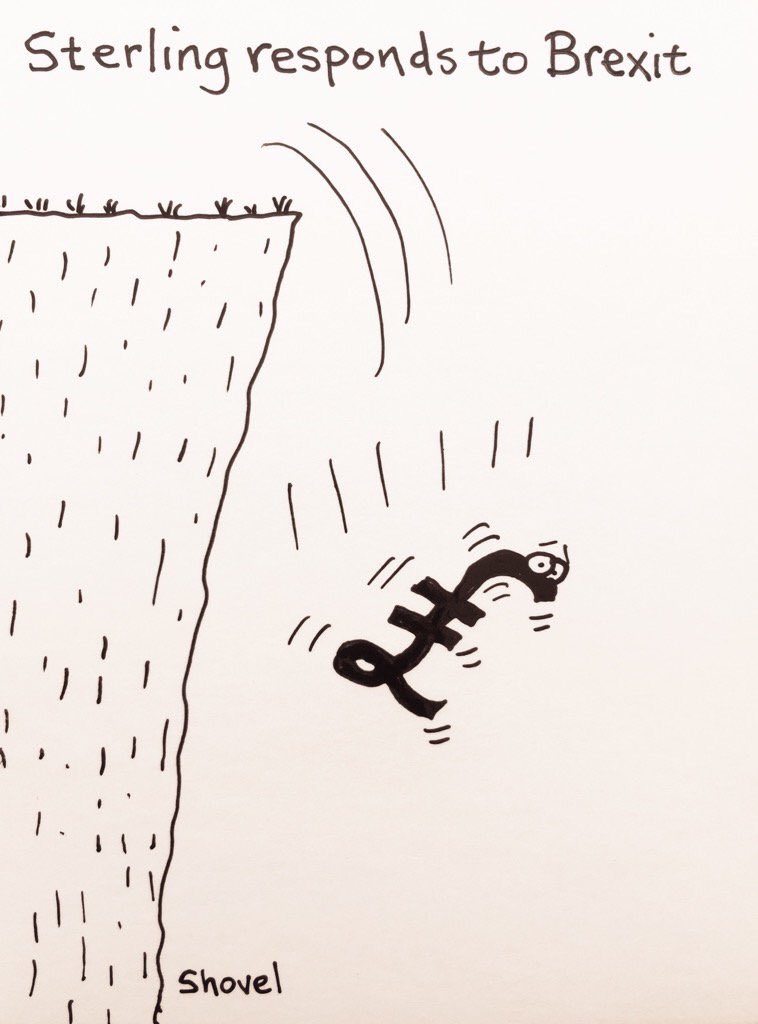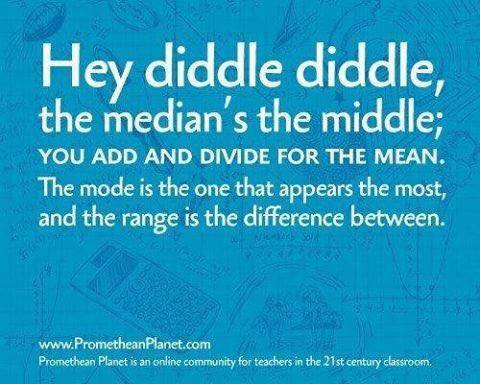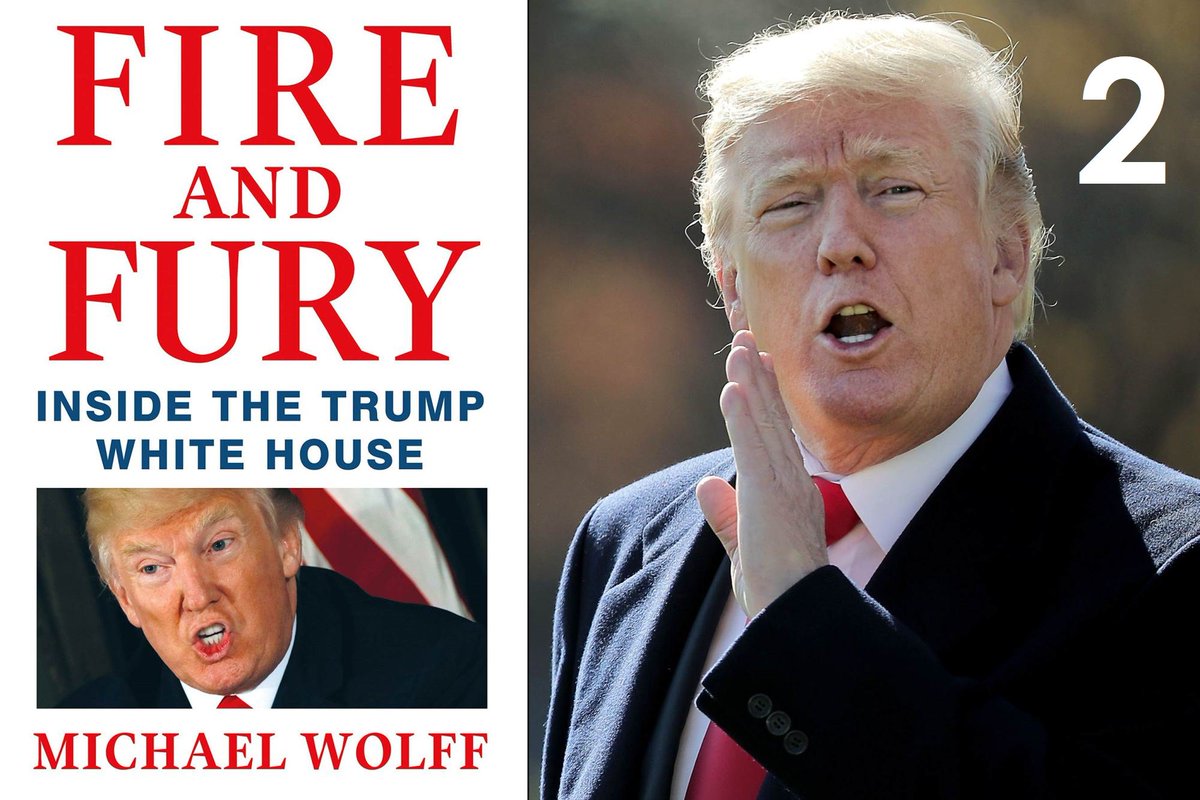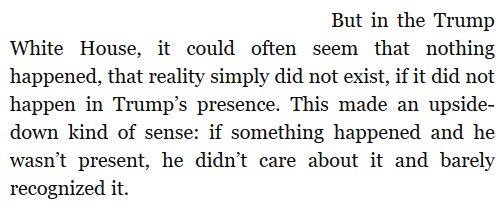Our story starts like this: She was the captain of the cheerleaders; I had just moved to Florida from Brooklyn. She was wavy hair, green e
Like most of us at that age, I really didn’t think I would marry the person I was taking to
Scoff if you must, but the assumption is real. To prove it, I conducted my own independe
FIRST PERSON: “Who cares?”
SECOND PERSON: “Who is this?”
THIRD PERSON: “I’m not answering t
FOURTH PERSON: “Who is this?”
FIFTH PERSON: “What are you doing a survey for?”
Clearly, not a single person believed I had married my high school sweetheart. But quite honestly, I don’t care.
When I first met her, Cori was fourteen. Today, she’s twenty-six. We’ve been d
FEMALE STRANGER: “Oh, that is so wonderful. I love hearing stories like
SELFISH MALE STRANGER: “I hate to say it, but that’s pretty cool.” (Subtext: “I wish you were dead.”)
NORMAL MALE STRANGER: “Wow, that’s great. That’s really great.” (Subtext: “I wish you were dead.”)
The questions people ask me about our relationship also tend to be
And now, so you don’t actually have to find someone who married his high school sweethea
QUESTION 1: When did you know she was “the one”?
ANSWER: The moment I saw her. When she walked past my history class, I was immediately smitten. But did I know at that exact moment that she would be my wife? Did I imagine the wedding and the reception
QUESTION 2: Don’t you feel like you missed out?
ANSWER: Nope. In college, (I went to Mic
It wasn’t easy. Although we never broke up, I didn’t visit her when she was dating someone else, and she didn’t visit me when there was someone I was seeing. Without
When I look back on it, it was a twisted game—a sort of
QUESTION 3: How did it happen?
In today’s world of fractured and hard-to-find relationships, people seem genuinely excited by the idea that a couple could last through the
So how did we do it? Like most relationships, ours took time to progress. There was no single, magical, warm, mushy, fuzzy-bunny, Hollywoodized moment.
Eventually, I simply realized that no matter how many women I dated—no matter how interesting, no matter how pretty, no matter how new and exciting they were—none of them could offer me what my high school girlfriend
*She knew (personally) all of my high school friends.
*She knew me when I wore parachute pants.
*She knew (personally) all the people I didn’t like in high school.
*She knew me when I liked Journey.
*I saw The Brea
*I was there the day she got her license.
*We studied for the SAT together.
*She helped me paint signs when I ran for student government president.
*She was in the car when I got my first speeding ticket (the cop called my pare
*I knew her when she was into that Flashdance look.
*We celebrated together the day I was accepted to college.
*She knew my dad when he had hair.
*She was there when the captain of the football team wanted to beat me up.
*She was there when my grand
*We went to the senior prom together.
*I was her first; she was mine.
Years ago, when I graduated from college, my roommate and I loaded up a U-Haul and drove our belongings to Boston. On the way, we stopped by his parents’ house in Dix Hills, New York. I had known
Not only did I
For my wife and me, and for most high school sweethearts, the results are the same. Since we met at such a young age, o
Does it mean we’re more in love? No. Do we understand each other better than most couples? Not necessarily. Do we have better sex? Maybe (think cheerleading
Whenever I meet someone new, I love asking about his or her childhood: where they grew up, where they went to school, what their first job was, what their parents were like.
As for me and my wife, our ten-year high school reunion is coming up next year


